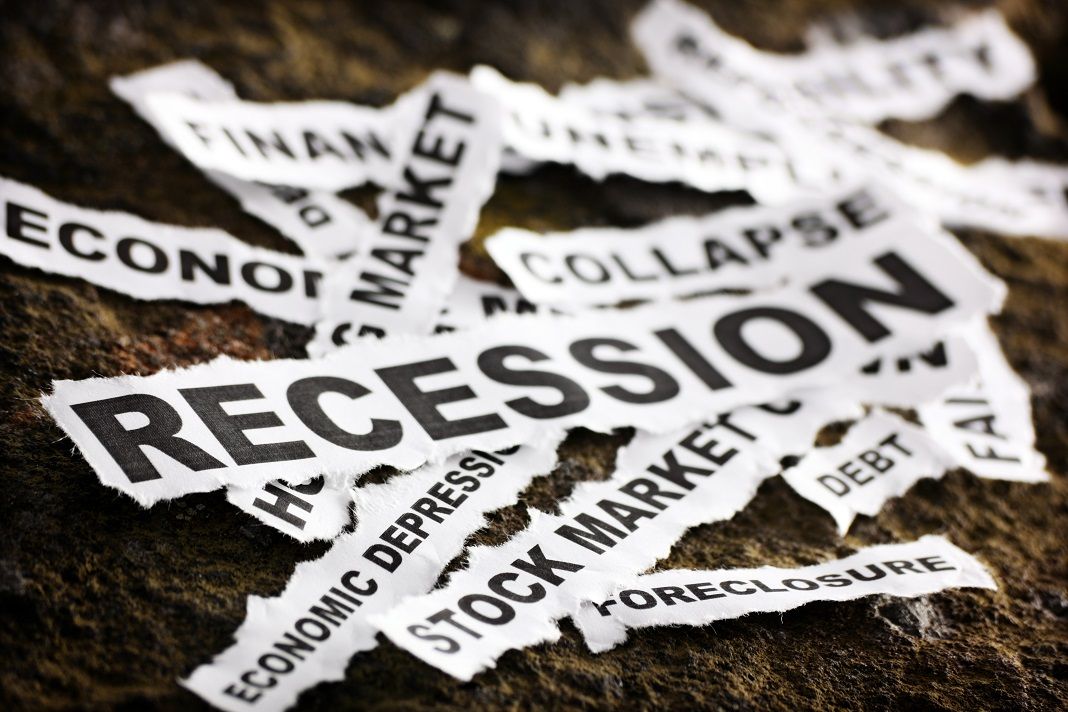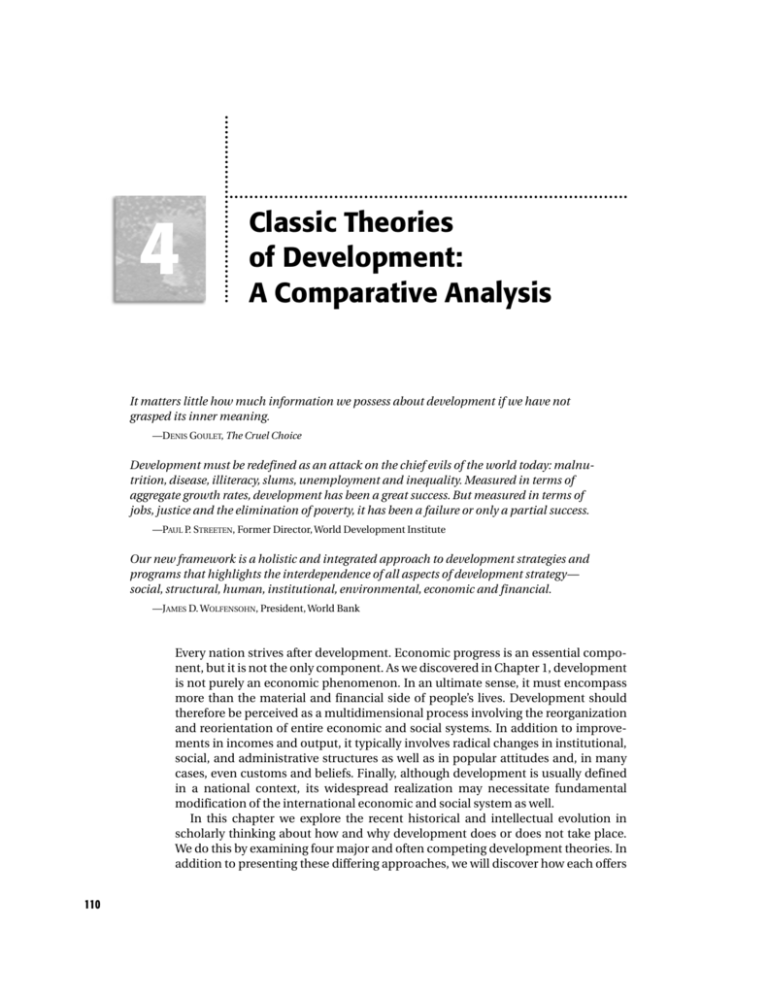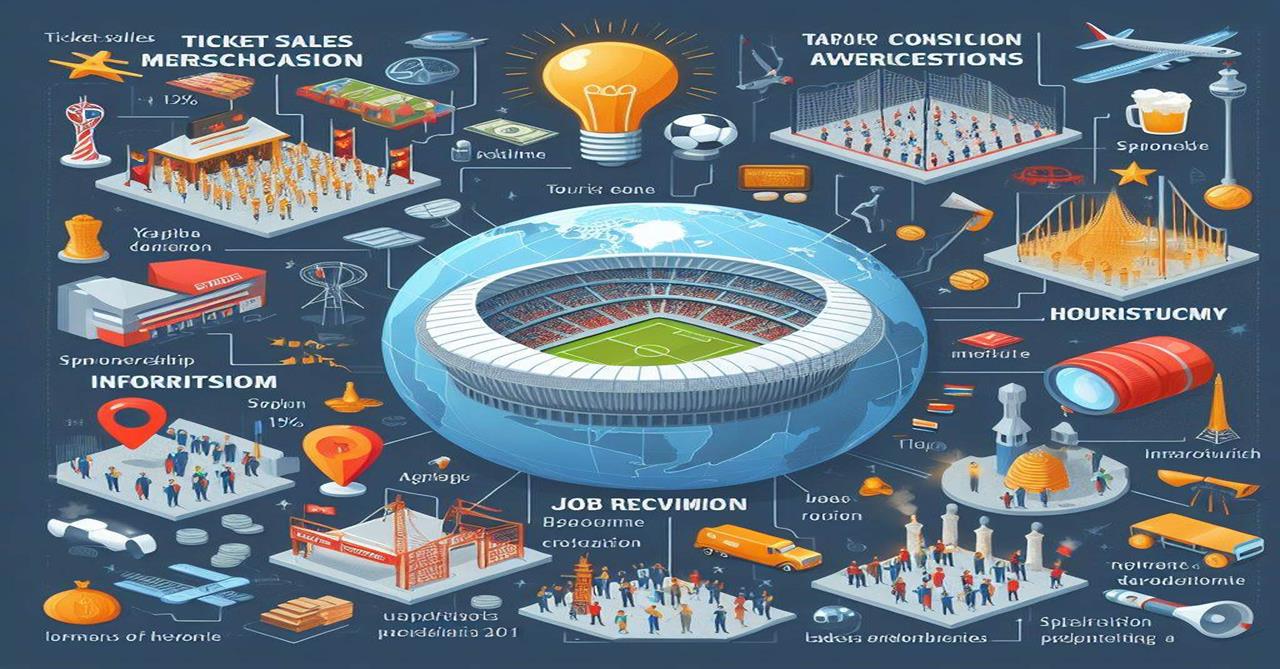
The Next Global Recession: Are We Prepared? A Beginner’s Guide to Economic Resilience
The global economy often feels like a vast, complex machine with many moving parts. Sometimes, it hums along smoothly, creating jobs and prosperity. Other times, it sputters, slows down, and even grinds to a halt. This "slowing down" or "grinding to a halt" is what we commonly refer to as a recession.
News headlines frequently buzz with talk of inflation, interest rates, and the possibility of an upcoming economic downturn. It’s natural to feel a bit anxious when you hear these terms. But understanding what a recession is, what causes it, and how we can prepare for it, can turn that anxiety into a sense of empowerment.
This article will break down the concept of a global recession in simple terms, explore the warning signs, discuss its potential impact, and most importantly, guide you on how individuals, businesses, and even governments can prepare to weather the storm.
What Exactly is a Recession? Understanding the Basics
Imagine the economy as a country’s total income and spending. When that income and spending consistently shrink for a period, that’s a recession.
Formally, a recession is often defined as a significant decline in economic activity spread across the economy, lasting more than a few months, normally visible in real GDP, real income, employment, industrial production, and wholesale-retail sales.
The simplest, widely used rule of thumb is two consecutive quarters (six months) of negative growth in a country’s Gross Domestic Product (GDP). GDP measures the total value of all goods and services produced in a country. So, if a country is producing and earning less for two quarters in a row, it’s typically considered to be in a recession.
It’s important to remember that recessions are a natural, albeit challenging, part of the economic cycle. They don’t last forever, and economies always recover eventually.
Whispers of Warning: Signs a Recession Might Be Coming
Economists and analysts constantly monitor various "economic indicators" – data points that give clues about the economy’s health. While no single indicator guarantees a recession, a combination of these can signal trouble ahead:
- Rising Interest Rates: Central banks (like the Federal Reserve in the U.S.) raise interest rates to cool down an overheating economy and fight inflation. While necessary, higher rates make borrowing money more expensive for businesses and consumers, which can slow down spending and investment.
- Persistent High Inflation: When prices for goods and services rise rapidly and stay high, people’s purchasing power decreases. They can buy less with the same amount of money, which eventually leads to reduced spending and economic slowdown.
- Falling Consumer Confidence: If people feel uncertain about the future of the economy or their own job prospects, they tend to spend less and save more. This reduced consumer spending, which makes up a large part of the economy, can trigger a downturn.
- Slowdown in the Job Market: One of the most tangible signs is when job growth slows significantly, or worse, companies start laying off workers. A rise in unemployment means fewer people have income to spend, further depressing the economy.
- Inverted Yield Curve: This is a more technical sign. Normally, you get paid more interest for lending money for a longer period. An "inverted yield curve" means short-term bonds pay more interest than long-term bonds. Historically, this unusual situation has often preceded recessions. It suggests investors are worried about the short-term future.
- Declining Manufacturing Orders: Factories producing fewer goods means businesses are seeing less demand, which can be a precursor to broader economic contraction.
Why Do Recessions Happen? Common Causes
Recessions aren’t caused by a single factor but often result from a combination of events. Here are some common culprits:
- Financial Bubbles Bursting: Sometimes, the price of certain assets (like housing or tech stocks) gets artificially inflated far beyond their real value. When these "bubbles" burst, it can cause widespread financial panic, leading to massive losses and a credit crunch (banks stop lending). The 2008 global financial crisis, triggered by the housing bubble bursting, is a prime example.
- Sudden Economic Shocks: Unexpected events can jolt the economy. This could be a major natural disaster, a pandemic (like COVID-19), a sudden rise in oil prices (energy shocks), or a geopolitical crisis that disrupts trade and supply chains.
- High Levels of Debt: When governments, businesses, or individuals accumulate too much debt, they become vulnerable. If they struggle to pay back their loans, it can lead to bankruptcies, bank failures, and a freeze in lending, which starves the economy of money.
- Tight Monetary Policy: As mentioned earlier, central banks raise interest rates to control inflation. If they raise rates too aggressively or for too long, they can "overshoot" and slow the economy down too much, pushing it into recession. This is often called a "hard landing."
- Lack of Demand (Underconsumption): If people stop buying goods and services, businesses have no reason to produce them. This leads to job losses, which further reduces demand, creating a downward spiral.
The Ripple Effect: How a Recession Impacts You
While recessions are talked about in grand economic terms, their impact is very real and personal. Here’s how a recession can affect individuals and families:
- Job Loss or Reduced Hours: Companies often cut costs by laying off employees or reducing their working hours. This is one of the most immediate and painful effects for many.
- Decreased Income: Even if you keep your job, wage increases might slow down or stop, and bonuses could disappear. For freelancers or small business owners, client work might dry up.
- Investment Losses: Stock markets typically fall during recessions as company profits decline and investor confidence wanes. This can impact your retirement savings (like 401ks or pensions) and other investments.
- Tighter Credit: Banks become more cautious about lending money. It might be harder to get a loan, a mortgage, or even a credit card, and interest rates on existing variable-rate loans might rise.
- Reduced Spending Power: Even if inflation cools down, overall economic uncertainty means people are less likely to spend on non-essentials like dining out, travel, or new gadgets.
- Increased Stress: Financial worries can take a toll on mental and physical health, leading to increased stress for individuals and families.
So, Are We Prepared? Strategies for Resilience
The good news is that while we can’t prevent economic cycles, we can prepare for them. Preparation is key to minimizing the negative impacts and even finding opportunities.
For Individuals and Families: Building Your Personal Financial Fortress
This is where you have the most direct control. Taking these steps before a recession hits can make a world of difference.
-
Build an Emergency Fund:
- What it is: A savings account specifically for unexpected expenses or loss of income.
- Goal: Aim for 3-6 months’ worth of essential living expenses (rent/mortgage, food, utilities, transportation, insurance). If you have an unstable job or depend on a single income, aim for 6-12 months.
- Why it helps: This fund acts as a buffer, allowing you to cover bills even if you lose your job or your income drops, preventing you from going into debt.
-
Reduce or Eliminate High-Interest Debt:
- What it is: Credit card debt, personal loans, and other loans with high interest rates.
- Strategy: Prioritize paying these down. The "debt snowball" (pay smallest balance first) or "debt avalanche" (pay highest interest rate first) methods can be effective.
- Why it helps: Less debt means lower monthly payments, freeing up more cash flow. High-interest debt can quickly spiral out of control during an economic downturn.
-
Diversify Your Income Streams (If Possible):
- What it is: Having more than one source of income.
- Examples: A side hustle, freelancing, part-time work, selling crafts online, or even renting out a spare room.
- Why it helps: If your primary job is affected, you’ll have another source of income to fall back on, reducing your reliance on a single employer.
-
Review and Optimize Your Investments:
- Don’t Panic Sell: If you have long-term investments (like retirement funds), resist the urge to sell everything when the market drops. Recessions are often temporary, and markets tend to recover. Selling locks in your losses.
- Diversify: Ensure your investments are spread across different types of assets (stocks, bonds, real estate, etc.) and industries. This reduces risk.
- Consider Dollar-Cost Averaging: Continue investing a fixed amount regularly, regardless of market ups and downs. When prices are low, your money buys more shares, which can pay off when the market recovers.
-
Cut Unnecessary Spending:
- Action: Go through your budget (or create one!) and identify areas where you can reduce discretionary spending.
- Examples: Eating out less, canceling unused subscriptions, delaying large non-essential purchases.
- Why it helps: Frees up money to build your emergency fund or pay down debt, making your finances leaner and more resilient.
-
Skill Up and Network:
- Action: Invest in learning new skills that are in demand, or improve existing ones. Keep your resume updated. Attend industry events and connect with people in your field.
- Why it helps: Makes you more valuable to your current employer and more marketable if you need to find a new job. A strong network can provide leads and support during tough times.
For Businesses: Strategies for Survival and Growth
Businesses face unique challenges during a recession, but proactive planning can ensure they not only survive but potentially thrive as competitors falter.
- Strengthen Cash Flow: Focus on maintaining a healthy cash reserve. Renegotiate payment terms with suppliers and customers, and consider delaying non-essential capital expenditures.
- Diversify Revenue Streams: Don’t put all your eggs in one basket. Explore new markets, products, or services to reduce reliance on a single customer segment or offering.
- Control Costs Ruthlessly: Review all expenses and identify areas for reduction without compromising core operations or quality. This might involve optimizing supply chains, reducing office space, or leveraging technology.
- Focus on Core Value: Double down on what makes your business unique and valuable to customers. During tough times, customers prioritize value and reliability.
- Invest in Technology and Efficiency: Automation and digital tools can help reduce operational costs and improve productivity, making your business more agile.
- Maintain Customer Relationships: Loyal customers are gold during a downturn. Focus on excellent service and communication to retain your existing client base.
- Adapt and Innovate: Be prepared to pivot your business model, products, or services if market conditions change dramatically. Recessions can also be a time for innovation as new needs emerge.
For Governments and Central Banks: Macro-Level Tools
Governments and central banks play a crucial role in trying to prevent severe recessions or mitigate their impact once they begin. They have powerful tools at their disposal:
- Fiscal Policy: This involves the government’s decisions about spending and taxation.
- During a recession: Governments can increase spending on infrastructure projects, unemployment benefits, or direct aid to citizens. They can also cut taxes to encourage spending and investment. This injects money directly into the economy.
- Before a recession: Building up reserves and having a manageable national debt provides more flexibility for fiscal stimulus when needed.
- Monetary Policy: This is managed by the central bank and involves controlling the money supply and interest rates.
- During a recession: Central banks typically lower interest rates to make borrowing cheaper, encouraging businesses to invest and consumers to spend. They might also engage in "Quantitative Easing" (QE), which involves buying government bonds to inject more money into the financial system.
- Before a recession: If inflation is high, central banks might raise rates to cool the economy, trying to achieve a "soft landing" rather than a recession.
- Financial Regulation: Implementing strong rules for banks and financial institutions helps prevent risky behavior that could lead to financial crises. After the 2008 crisis, many countries strengthened their banking regulations to make the system more resilient.
- International Cooperation: Since recessions can be global, countries working together through organizations like the IMF (International Monetary Fund) and World Bank can coordinate responses, provide financial assistance, and share best practices to stabilize the global economy.
Building Long-Term Economic Resilience
The discussion about the next global recession isn’t just about bracing for impact; it’s about fostering a mindset of economic resilience. This means:
- Continuous Learning: Staying informed about economic trends and personal finance principles.
- Adaptability: Being flexible in your career, investments, and spending habits.
- Prudence: Making wise financial decisions, avoiding excessive debt, and prioritizing savings.
- Community Support: Recognizing that collective strength can help individuals and businesses navigate tough times.
While the exact timing and severity of the next global recession are uncertain, what is certain is that economic cycles are a constant. By understanding the signs, knowing the potential impacts, and proactively taking steps to prepare, we can all become more resilient and better equipped to face whatever economic challenges lie ahead. Don’t wait for the storm; start building your shelter now.




Post Comment